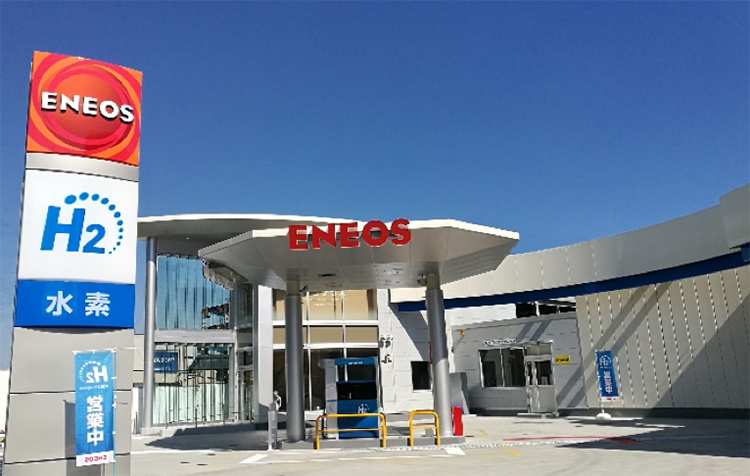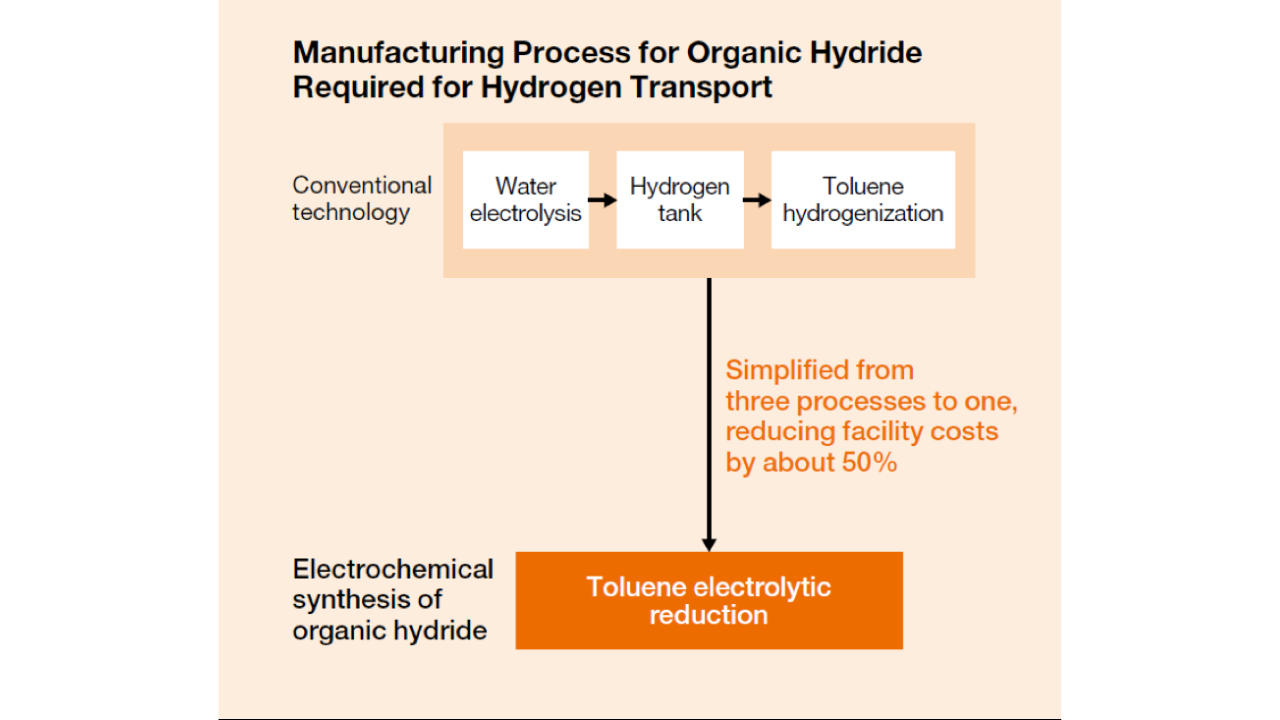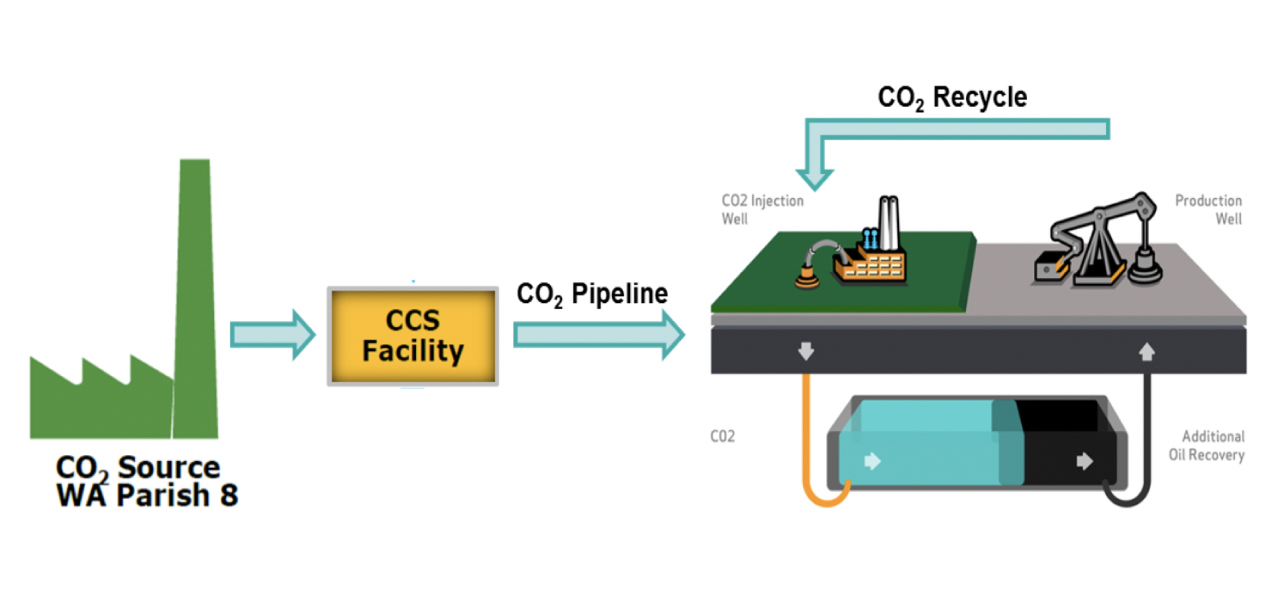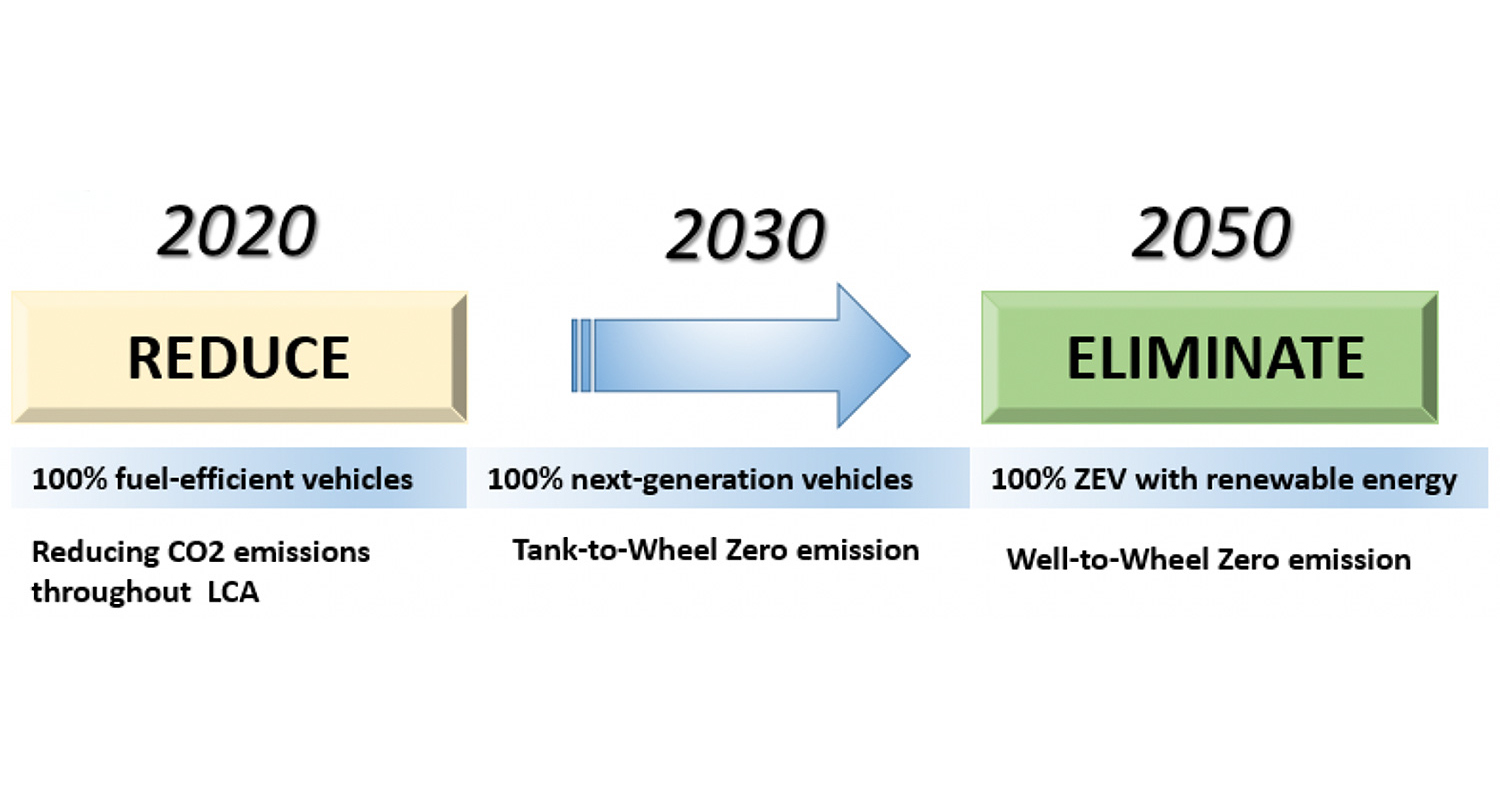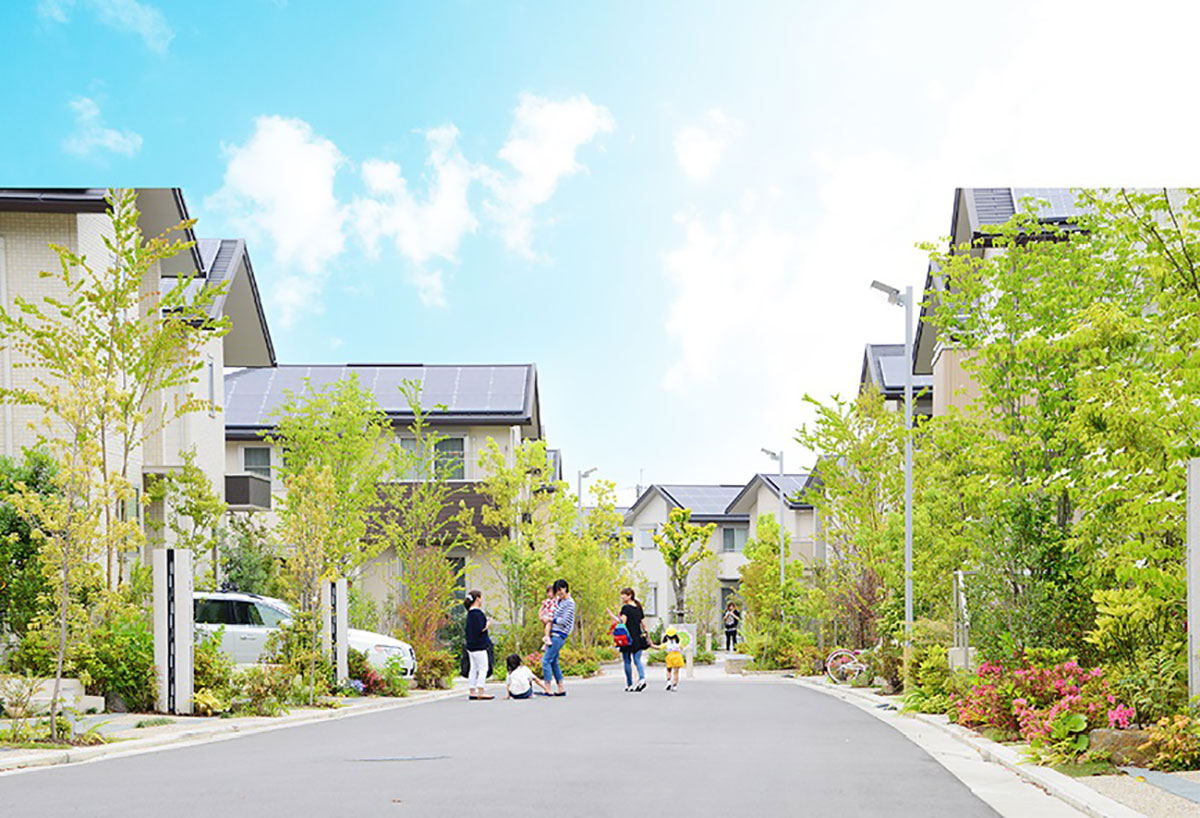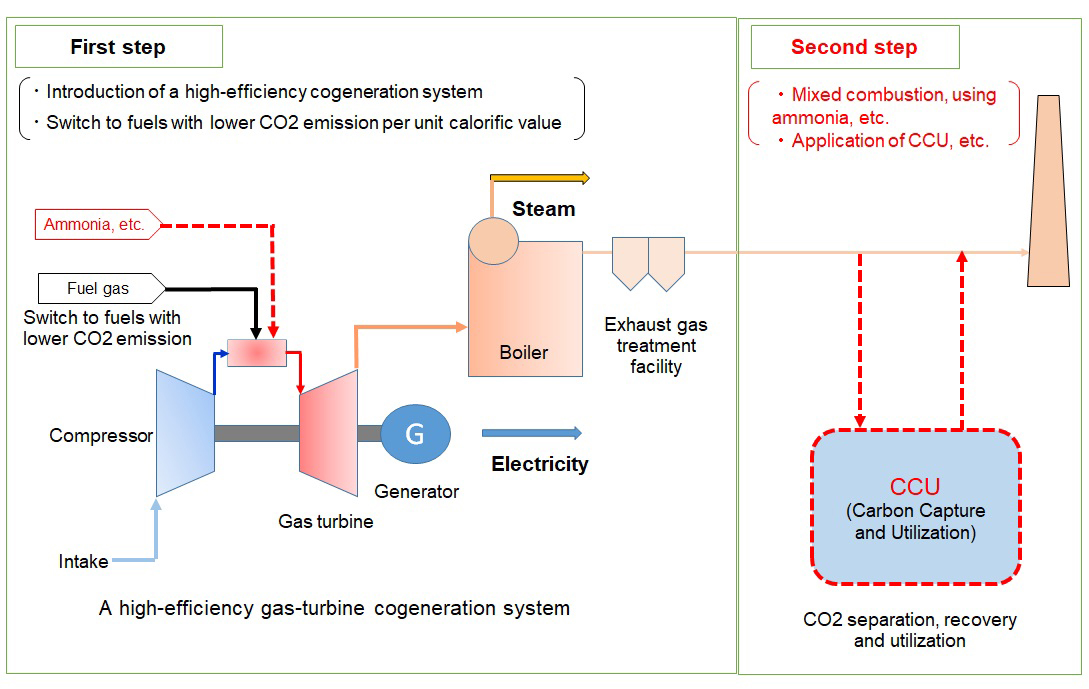Installing hydrogen refueling stations for lowering CO2 emission from mobilities like FCVs and FC buses.
ENEOS Holdings, Inc.
Outline
ENEOS Corporation (“ENEOS”), a core energy company of the ENEOS Group, has been promoting hydrogen refueling business for lowering CO2 emission from mobilities like fuel cell vehicles (FCVs) and fuel cell buses (FC buses).
We opened the first hydrogen refueling station in December, 2014 at the time the commercial FCVs were released for the first time in the world, and currently are running 41 hydrogen refueling stations in 4 major metropolitan areas, which represents the largest market share (around 40%) of the 113 hydrogen refueling stations in Japan as of January, 2020.
In the Japanese Government plan, there will be 800,000 FCVs and 900 hydrogen refueling stations in 2030. ENEOS will expand our hydrogen refueling station network steadily to contribute for lowering CO2 emission in society through the deployment of mobilities like FCVs and FC buses.
Description
After the Paris Agreement comes into force, people all over the world have been more interested in hydrogen, which neither contains carbon nor emits any CO2 when it is used.
Especially in Japan, where a world first “Basic Hydrogen Strategy” was determined in 2017, in the Fifth Energy Basic Plan, direction of hydrogen energy in the energy policy was provided that hydrogen was positioned as a novel energy option such as renewable energy, and the cost of supplying hydrogen should be reduced to almost the same as that of conventional energy.
Also, international cooperation on hydrogen getting active, the Hydrogen Energy Ministerial Meeting was inaugurated in 2018 as the world’s first platform to encourage countries worldwide to promote global-level utilization of hydrogen. In 2019, G20 Ministerial Meeting on Energy Transitions and Global Environment for Sustainable Growth was held in Karuizawa and the Hydrogen Energy Ministerial Meeting was held again in Tokyo in light of advancement of hydrogen-related technologies and increasing global expectations for hydrogen as a next-generation energy.
Furthermore, ESG investment has been wide-spreading and companies are evaluated by their attitude toward environment, social and governance. It is getting more and more important for companies to fulfill social responsibility.
Hydrogen exists very few in the natural world and it must be made artificially. However, it has been used widely, mainly in the industry like refineries and iron mills.
We have been producing and consuming hydrogen in large quantities for desulfurization of the petroleum products and so on in our core business. Our technical knowledge about hydrogen production obtained through refinery operation is regarded as our advantage.
We opened the first hydrogen refueling station in December, 2014 at the time the commercial FCVs were released for the first time in the world, and currently are running 41 hydrogen refueling stations in 4 major metropolitan areas, which represents the largest market share (around 40%) of the 113 hydrogen refueling stations in Japan as of January, 2020.
Depending on place and hydrogen demand, ENEOS is running 3 types of hydrogen stations: Integrated, Standalone and Mobile. Since ENEOS has been running about 13,000 gas stations, which is the biggest number in Japan, we take it for granted that Integrated type is the best for utilizing gas-station network and supporting customers’ total car-life like car washing, tire replacement and safety inspection.
In the Japanese Government plan, there will be 800,000 FCVs and 900 hydrogen refueling stations in 2030, and the hydrogen refueling station business will become economically independent in the latter half of 2020s. ENEOS will enhance our effort for cost reduction of the construction and operation of hydrogen refueling stations for the early economic independence of business, and expand our hydrogen refueling station network steadily to contribute for lowering CO2 emission in society through the deployment of mobilities like FCVs and FC buses.
Supplementary information
Hydrogen Infrastructure
https://www.noe.jxtg-group.co.jp/english/company/rd/intro/hydrogen/infula.html
Basic Hydrogen Strategy
https://www.meti.go.jp/english/press/2017/1226_003.html
Other Innovation Challenges
Establishing international CO2-free hydrogen supply-chain for realizing a carbon-free hydrogen society.
ENEOS Holdings, Inc.
Oil & gas production while reducing a large amount of CO2 emitted into the atmosphere utilizing CCUS technology
ENEOS Holdings, Inc.
Similar Innovation Challenges
Achieve 2050 decarbonization target with Net Zero Energy House!
Sekisui House, Ltd.
Achieving net-zero emissions by promoting renewable energy use through both our monozukuri and products.
DAIWA HOUSE INDUSTRY CO., LTD.

